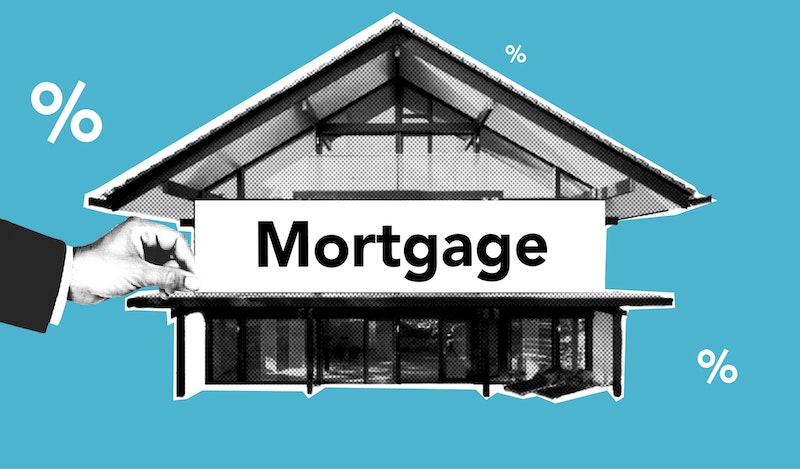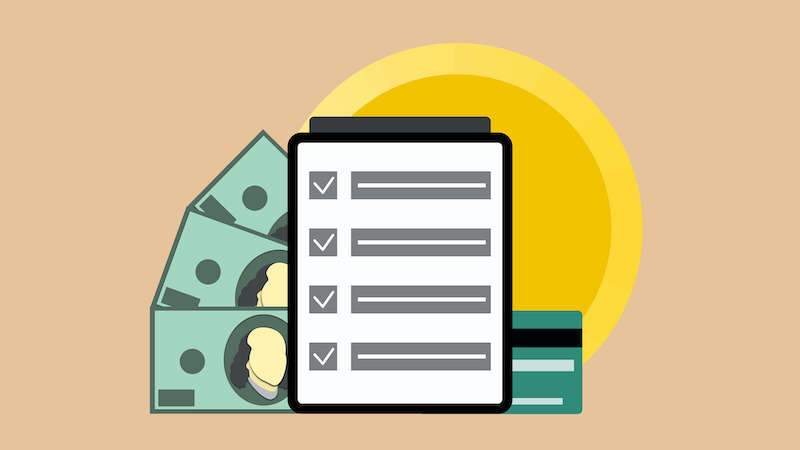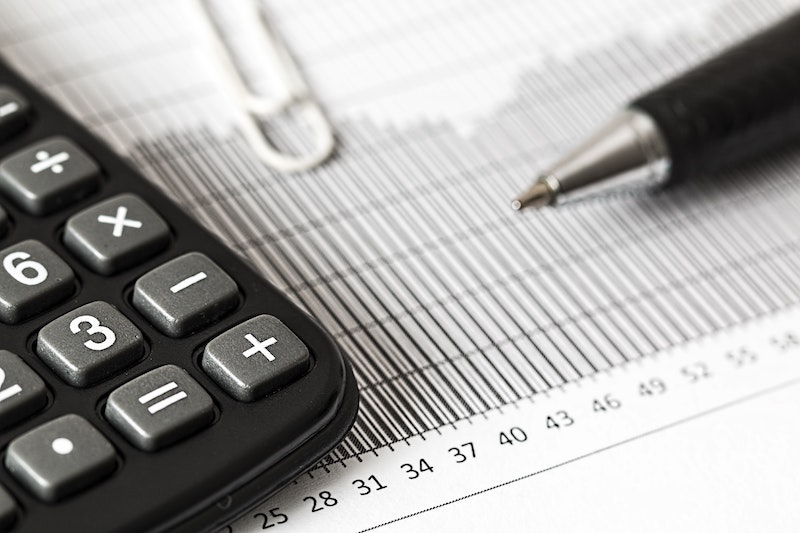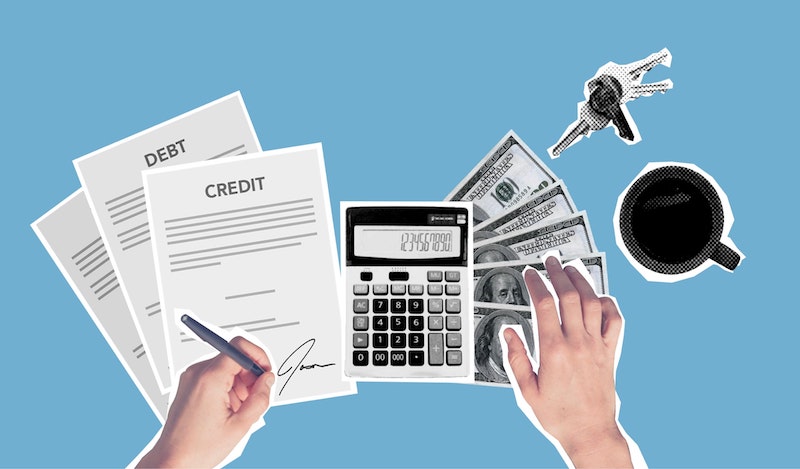The cost of a mortgage will depend on how much you have borrowed, the interest rate and the length of the mortgage term.
What Is a Mortgage?
A mortgage is a type of loan used to finance the purchase of a property. When buying a home, a buyer will need to put down a deposit and pay for the rest over a long-term payment plan with money borrowed from a bank or building society; this borrowed money is the mortgage. The mortgage is then paid back, plus interest, in monthly instalments over a fixed period of time.

There are different types of mortgage deals available, including:
- Fixed-rate mortgages
- Tracker mortgages
- Discount mortgages
- Offset mortgages
The type of mortgage that you choose will depend on a few factors including the amount of deposit you are able to put down, the length of time you want to repay the mortgage, and how much you can afford to pay back per month.
What Is the Average Cost of a Mortgage in the UK?
According to a study carried out by Boon Brokers, the average UK mortgage payment is £723 with an average interest rate of 2.48%. However, there is a great deal of variation between different regions due to the difference in house prices.
What Factors Will Influence the Cost of a Mortgage?
Mortgage cost will be determined on a case-by-case basis, based on both the mortgage provider chosen and the personal circumstances of the borrower. In general, there are many factors that go into the decision of how much a mortgage costs.

Key factors are the type of mortgage that you choose (i.e. interest-only, repayment or a mix of the two), the length of the mortgage term and the interest rate. Additionally, the amount of deposit that a buyer is able to put down will have a big impact. The value of the property will also affect the cost of the mortgage.
What Mortgage Can I Afford?
Before taking out a mortgage, lenders will look at a borrower to see if they want to lend them the money. Through this process, they will take into account income, monthly outgoing payments including any debts and the amount of savings available to put down as a deposit.
Experts suggest that a good rule of thumb is for your total mortgage not to exceed 28% of your pre-tax monthly income.
How Do Mortgage Lenders Calculate How Much You Can Borrow?
The amount of money that you can borrow will depend on the amount of income you have as well as your monthly outgoings.
Lenders will typically determine the size of the mortgage based on total annual income, be it that of a sole applicant or combined annual income for joint applicants.

Generally speaking, the higher the annual income, the higher the amount that you can borrow although there is variation between lenders with some willing to offer up to as much as six times your salary.
Will My Salary Influence the Cost of My Mortgage?
The amount that salary influences mortgages will depend on the lender, with many operating on the basis that a mortgage should be around four and a half times your annual income.
Arguably more important than salary is the debt-to-income ratio that an individual has; this is the amount of monthly debt they have relative to the amount of income they receive. If a borrower has more outgoings than incomings, it shows that a mortgage may not be affordable for them.
Along with income, a lot of lenders will require a borrower to show proof of employment, factoring in the amount that they earn as well as how long they have been in that position. For that reason, those who are self-employed, between jobs or who are not in full-time employment may find it more difficult to secure a mortgage.
Can Poor Credit History Make My Mortgage More Expensive?
Credit score is an important factor when trying to secure a mortgage; lenders will look at this in order to determine if the borrower is a good candidate for a loan. Credit scores are based on spending history including any borrowing behaviour and can see whether an individual makes repayments on time and their amount of debt. If an individual has a higher credit score, they will typically be a better candidate for a mortgage.

If you have a higher credit score, you may be more likely to be approved for a loan as it shows that you can reliably meet payments. This in turn may mean that you can qualify for better loan terms including better interest rates and fewer fees.
You could still secure a mortgage if you have no credit history or a poor credit score but it may be more difficult and also may be subject to less favourable rates.
Are Mortgages Cheaper With a Higher Deposit?
The standard deposit amount for a mortgage is 20% of the property’s value with 80% funded by the lender, but this varies between lenders and different mortgage products. Normally, if a borrower can put down a bigger down payment, it could save them money in the long term. It is also less of a risk for the lender meaning that they may be able to offer better loan conditions such as lower interest rates and shorter repayment period.
